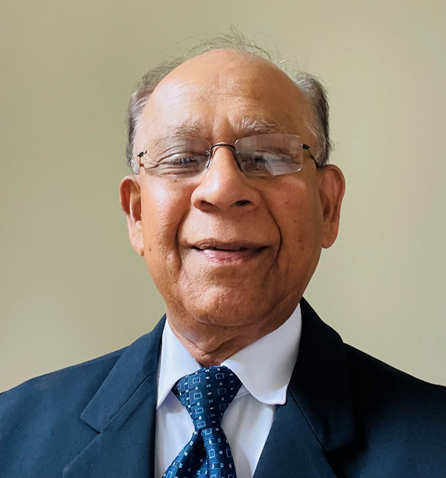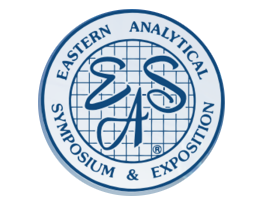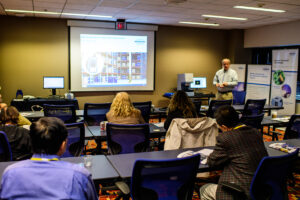One-Day Course:
Sunday, November 16; 8:30am – 5:00pm
Dr. Dula Amarasiriwardena, Hampshire College, Amherst, MA
COURSE DESCRIPTION
We will present LA-ICP-MS instrumentation, theory and practice, troubleshooting hints, sample preparation, and instrument calibration strategies for LA-ICP-MS. We will also introduce how microprobe techniques like LA-ICP-MS can be used to analyze these incremental tissues. Human teeth, hair, shells, tree rings, and fish otoliths are examples of incrementally deposited tissues with a defined time axis. These tissues are repositories of trace metals and excellent materials for detecting past pollution episodes. Unique applications in biology, environmental sciences, archaeology, anthropology, and forensic science will be presented. Analytical advantages and limitations of each method will be discussed.
WHO SHOULD ATTEND
• The course is geared toward novices as well as experienced scientists
• A refresher course for those who are generalists but already working in the field.
• For graduate students, scientists, lab managers, and project leaders
TOPICS
- LA-ICP-MS principles and instrumentation.
- Analytical advantages, limitations, and troubleshooting skills.
- What are incremental biological tissues?
- What is the archived elemental information in hard tissues (teeth, bones, tree rings, hair, etc.)?
- Sample preparation and calibration strategies.
- Data analysis.
- Elemental bioimaging.
- Applications in environmental sciences, biology, forensics, anthropology, and archaeology.
ABOUT THE INSTRUCTOR:

Dula Amarasiriwardena, Emeritus Professor of Chemistry, at Hampshire College, Amherst, Massachusetts, received his Ph.D. in Analytical Chemistry from North Carolina State University, Raleigh, NC. Dula regularly teaches analytical chemistry, environmental chemistry, and general chemistry. His research uses atomic and mass spectrometry to focus on bioaccumulation properties in biological tissues and the fate and transport of trace metals and metal nanoparticles in soil and aquatic environments. Professor Amarasiriwardena served as a Fulbright Specialist in Chile

